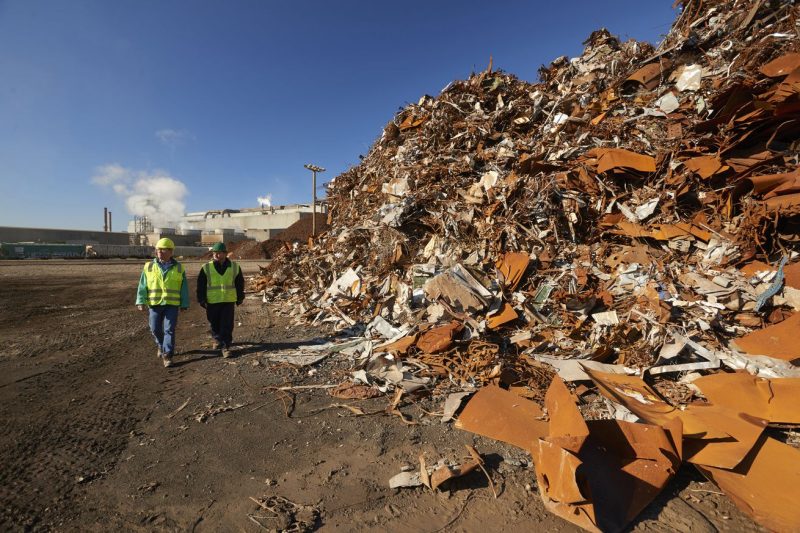In the wake of increasing environmental concerns and the urgent need to combat climate change, the construction industry is undergoing a significant transformation. The Biden administration has expressed a commitment to finding more sustainable construction materials as part of its broader efforts to promote eco-friendly practices and reduce carbon emissions. This shift towards sustainability in construction is a crucial step towards creating a more environmentally conscious and resilient built environment.
One of the key areas of focus for the Biden administration is the exploration and utilization of alternative construction materials that have a lower environmental impact. Traditional construction materials such as concrete and steel are known for their significant carbon footprint due to the energy-intensive processes involved in their production. By shifting towards more sustainable materials such as recycled steel, engineered wood, bamboo, and innovative concrete alternatives like hempcrete, the construction industry can significantly reduce its carbon emissions and environmental footprint.
In addition to the materials themselves, the Biden administration is also looking into innovative construction techniques and practices that promote sustainability and energy efficiency. This includes the widespread adoption of prefabrication and modular construction methods, which not only reduce construction waste but also enhance the energy performance of buildings. Green building certifications such as LEED (Leadership in Energy and Environmental Design) are also likely to play a pivotal role in encouraging the incorporation of sustainable practices in construction projects.
Furthermore, the Biden administration is keen on promoting a circular economy approach within the construction industry, where materials are reused, recycled, or repurposed at the end of their life cycle. By incentivizing the deconstruction and salvage of building materials, as well as encouraging the incorporation of recycled materials into new construction projects, the administration aims to reduce the industry’s reliance on virgin resources and minimize waste generation.
Public infrastructure projects are expected to be at the forefront of this movement towards sustainable construction materials and practices. The Biden administration’s proposed infrastructure plan emphasizes the importance of investing in sustainable infrastructure that is not only resilient to the impacts of climate change but also contributes to the reduction of greenhouse gas emissions. By incorporating sustainable materials and practices into these projects, the administration aims to set a precedent for sustainable construction across the country.
Overall, the Biden administration’s focus on finding more sustainable construction materials reflects a growing recognition of the urgent need to transition towards a more sustainable and resilient built environment. By prioritizing eco-friendly materials, innovative construction practices, and the principles of a circular economy, the construction industry has the potential to significantly reduce its environmental impact and contribute to the fight against climate change. Through collaboration between policymakers, industry stakeholders, and the public, a more sustainable future for construction is not only achievable but imperative for the well-being of our planet.


























